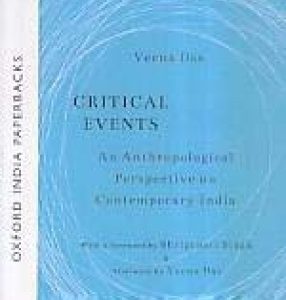
Veena Das

Showing all 12 books
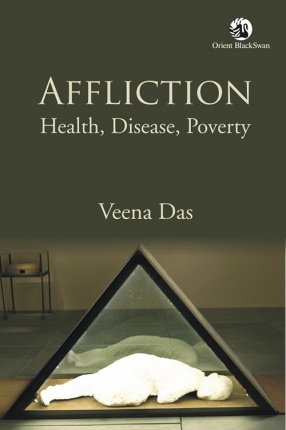

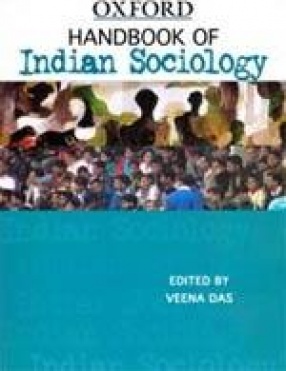

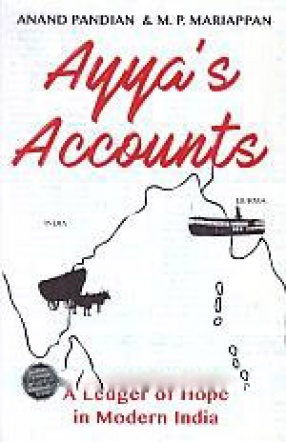

Following the 1971 Bangladesh War, the Bangladesh government publicly designated the thousands of women raped by the Pakistani military and their local collaborators as birangonas, ("brave women”). Nayanika Mookherjee demonstrates that while this celebration of birangonas as heroes keeps them in the public memory, they exist in the public consciousness as what Mookherjee calls a spectral wound. Dominant representations of birangonas as dehumanized ...

Affliction inaugurates a novel way of understanding the trajectories of health and disease in the context of poverty. Shifting the focus from the encounter between patient and practitioner within the space of the clinic, it privileges the networks of relations, institutions, and knowledge over which the experience of illness is dispersed.
Based on a long period of immersion in low-income neighborhoods in Delhi, Veena Das asks who is the subject of illness? How do ...
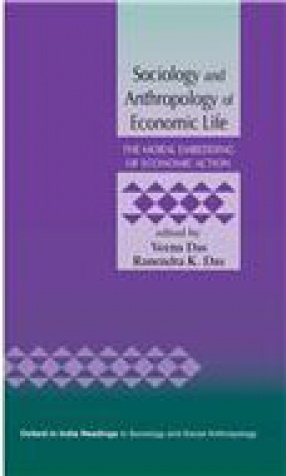
Sociology and Anthropology of Economic Life: The Moral Embedding of Economic Action focuses on the ways in which the ethical, moral, and affective forces shape economic activities of production, consumption, and exchange. Combining comparative theoretical formulations with rich ethnographic data, the essays in this volume provide a comprehensive account of the major issues and debates in economic anthropology and sociology as they pertain to Indian society and ...

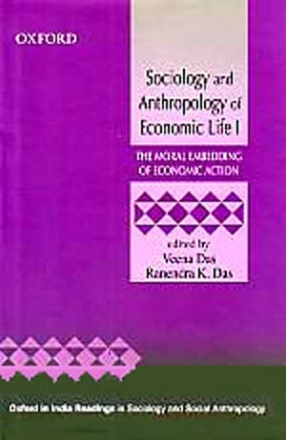
The moral embedding of economic action.

Nineteen distinguished scholars come together in this volume to honour the outstanding contribution of Professor T.N. Madan to the development of sociology and social anthropology in South Asia. Anchoring themselves to Professor Madan's engagement with the sociology of kinship, religion and politics, and with the moral domain of human life, the contributors address the linked themes of tradition, pluralism and identity across a wide range of topics. These include ...

This collection of ethnographies explores how communities make sense of, and cope with, traumatic and other more insidious forms of violence, addressing the effects of violence at the level of local worlds, interpersonal relations and individual lives. Remaking a World completes a triptych of volumes on social suffering, violence, and recovery. Social Suffering, the first volume, deals with sources and major forms of social adversity, with an emphasis on ...
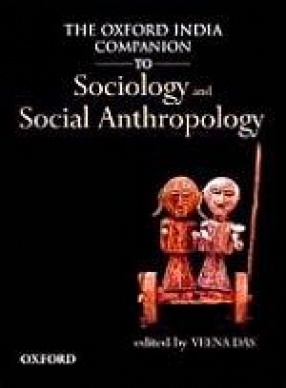
What are the legitimate concerns of social science research in India? How do new sites and new objects of knowledge evolve? How has sociological and anthropological knowledge of India, produced by scholars from different parts of the world, contributed to defining the critical concerns of Indian society? What are disciplinary histories? This comprehensive reference work brings together sixty eminent scholars who assess the thematic and conceptual elements in the ...

The form and reach of the modern state are changing radically under the pressure of globalization. Featuring ten leading scholars in the field, this volume assesses perceptions of power in three regions where state reform and violence have been particularly dramatic: South Asia, Africa, and Latin America. Rather than a geographic border, the term 'margin' here describes areas far from the centres of state sovereignty where states are unable to ensure ...

The handbook provides students of sociology in India with an understanding of key theoretical, thematic, and historical issues in the discipline. Leading authorities in each area explain: The state of social science knowledge in India, Institutional frameworks in teh development of sociology and social anthropology, selected aspects of society and culture, such as demography, environment, social life, stratification, urban social formations, and migrations, the ...
